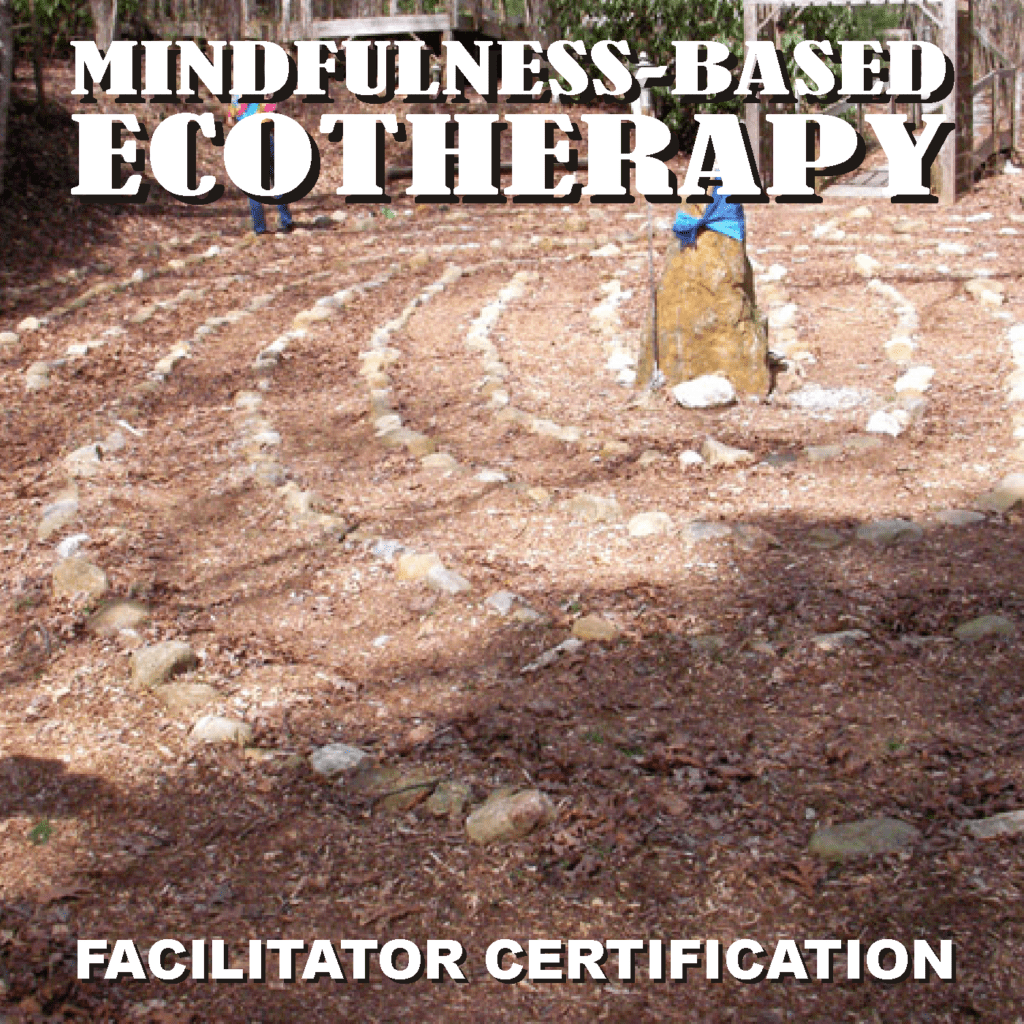
Emotional aggression is the aggressive use of our own emotional states in an attempt to manipulate or control others, or in an attempt to make others responsible for our moods. If I hold others responsible for my emotional state, I am being emotionally aggressive. Likewise, if I attempt to control the emotional states of others against their will, I am being emotionally aggressive.
If you have beliefs that are leading you to react in ways that are emotionally aggressive, you may choose to challenge those beliefs so that you may replace them with new beliefs that do not lead to emotionally aggressive consequences.
One of the tenets of mindfulness is the realization that we are not our thoughts, and we are not our feelings. Thoughts and feelings are simply processes of the mind. We can choose to pay attention to those processes, or we can choose to ignore them.
Here’s a way to demonstrate that you are not your thoughts. Suppose I tell you that for the next ten minutes you are to avoid having any thoughts. Now further suppose that you attempt to avoid having any thoughts for ten minutes. About two or three minutes into this exercise, you catch yourself having a thought.
When you realize that you had a thought, what part of you is it that recognized that you had a thought? It couldn’t be your thoughts, because the thoughts are what you recognized. So that means that there is another part of you that is independent from your thoughts. This part of you is what practitioners of mindfulness call your True Self. The True Self is what recognized you were having a thought. The True Self is independent of your thoughts.
Your True Self is who you would be if you could ‘get out of your own way’ and live the life you were meant to live. Your True Self is who you are when you strip away all the masks that you put on in day-to-day life and get down to the business of being who you were meant to be.
Think for a moment about your own True Self. Suppose you could be anyone you wanted to be. Who would you choose to be? What things are keeping you from living in your True Self? When you act in an emotionally aggressive manner, are you being your True Self?
One way to tell if a belief is keeping you from being the person you were meant to be, is to consider the consequences of that belief. Most emotional aggression comes from beliefs that we can change the behavior of other people. In fact, the very definition of emotional aggression is: “Using our own emotional states in an attempt to control the behavior of others.” Emotional aggression occurs when others refuse to live up to our expectations of how we believe they should behave and what they should feel.
One of the marks of an addiction to emotional processes is the belief that we can and should tell others how to feel and what to think. If we have such beliefs, and if people fail to meet our expectations, the result can be emotional aggression. That is to say that we get frustrated that others in our lives resist our attempts to control their behavior, and we may react by becoming angry, or sad, or frustrated.
Because these beliefs are often embedded in processes that have become automatic, it may sometimes be difficult to identify those beliefs. The questions below may help you to identify some of these beliefs and patterns of behavior.
The first five questions are for your partner (if you have one). If your partner is willing to answer these questions, have him or her do so. If your partner is not willing, try to answer those questions as well as you can, based on what you think your partner would say.
The rest of the questions are for you to answer. Be as honest with yourself as you can in answering.
Sings of an Emotionally Aggressive Relationship
Does your partner:
- Feel afraid of you much of the time?
- Avoid certain topics out of fear of upsetting you?
- Feel that they can’t do anything right for you?
- Feel emotionally numb or helpless?
- Feel trapped or imprisoned?
Do you:
- Humiliate, criticize, or yell at your partner?
- Use abusive language
- Ignore your partner’s answers
- Mock or call your partner names
- Yell, swear, interrupt or change the subject by turning blame back onto your partner?
- Become emotionally aggressive towards your partner?
- Twist your partner’s words?
- Tell your partner what to think and how to feel?
- Put your partner down in front of other people?
- Say bad things about your partner’s friends and family?
- Treat your partner so badly that your partner is embarrassed for your friends or family to see?
- Ignore or put down your partner’s opinions or accomplishments?
- Blame your partner for your own abusive behavior?
- Make light of your own behavior and not take your partner’s concerns about it seriously?
- Deny that the emotional aggression happened?
- Shift responsibility for your behavior, or say that your partner caused it?
- See your partner as property or a sex object, rather than as a person?
- Have a bad and unpredictable temper?
- Hurt your partner, or threaten to hurt or kill your partner?
- Hit, slap, kick, choke, push, punch, beat, or restrain your partner to keep them from leaving?
- Destroy furniture, punch holes in the walls, or damage your partner’s possessions?
- Use the children or other family members against your partner?
- Lock your partner out of the house?
- Threaten to take your partner’s children away or harm them?
- Threaten to harm other family members or family pets?
- Threaten to commit self-harm, up to and including suicide, if your partner leaves?
- Force your partner to have sex against their will?
- Destroy your partner’s belongings?
- Use blaming, shaming or guilt-tripping to control your partner?
- Act excessively jealous and possessive?
- Control where your partner goes or what your partner does?
- Keep your partner from seeing their friends or family?
- Make rules that it is impossible for your partner to keep?
- Punish your partner for not keeping these impossible rules?
- Force your partner into decisions they may not be ready to make?
- Always insist on being right?
- Refuse to ‘agree to disagree’?
- Follow your partner to see what they’re doing and where they’re going?
- Refuse to leave when asked?
- Limit your partner’s access to money, the phone, or the car for other than budgetary reasons?
- Withhold money as a means of control
- Refuse to let your partner work, or interfere with your partner’s job?
- Show up at your partner’s job to cause trouble?
- Constantly check up on your partner?
- Go through your partner’s emails, cell phone record, text messages, or other communications?
If you checked more than five items on the list above, you may have difficulties managing your emotional aggression towards yourself and towards others.




